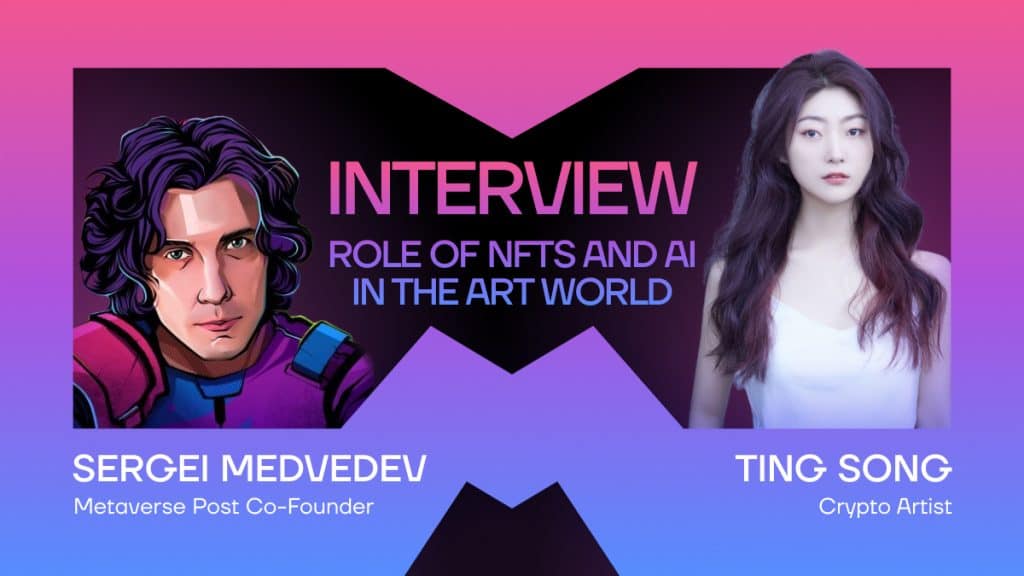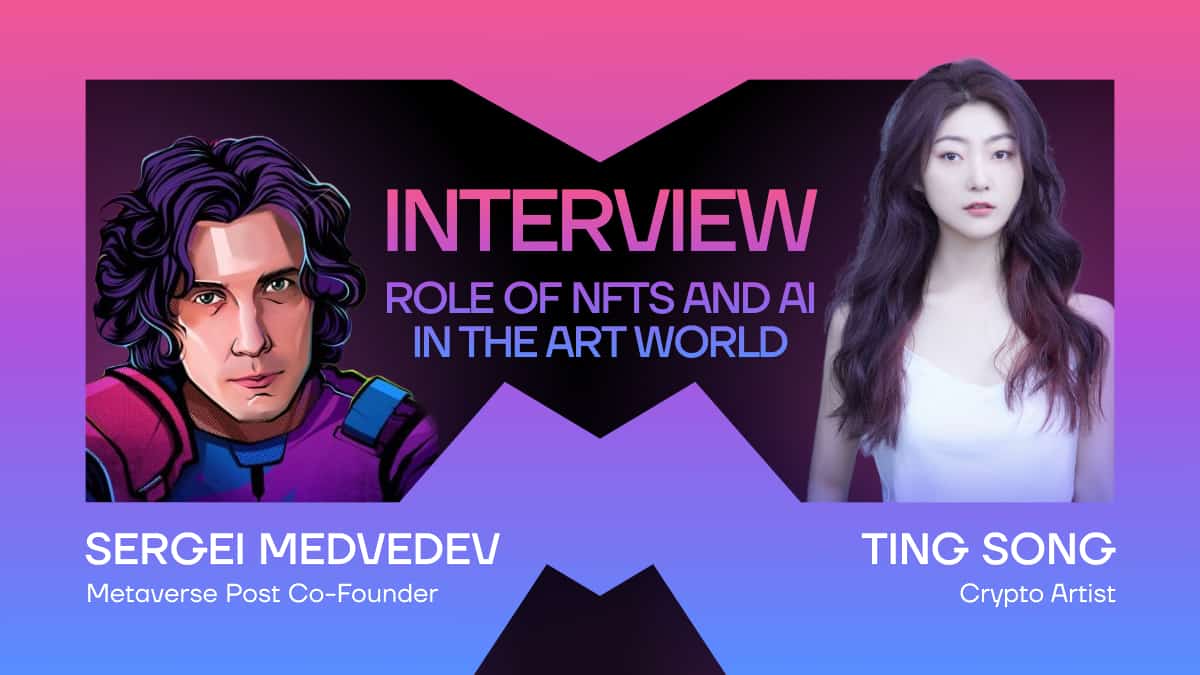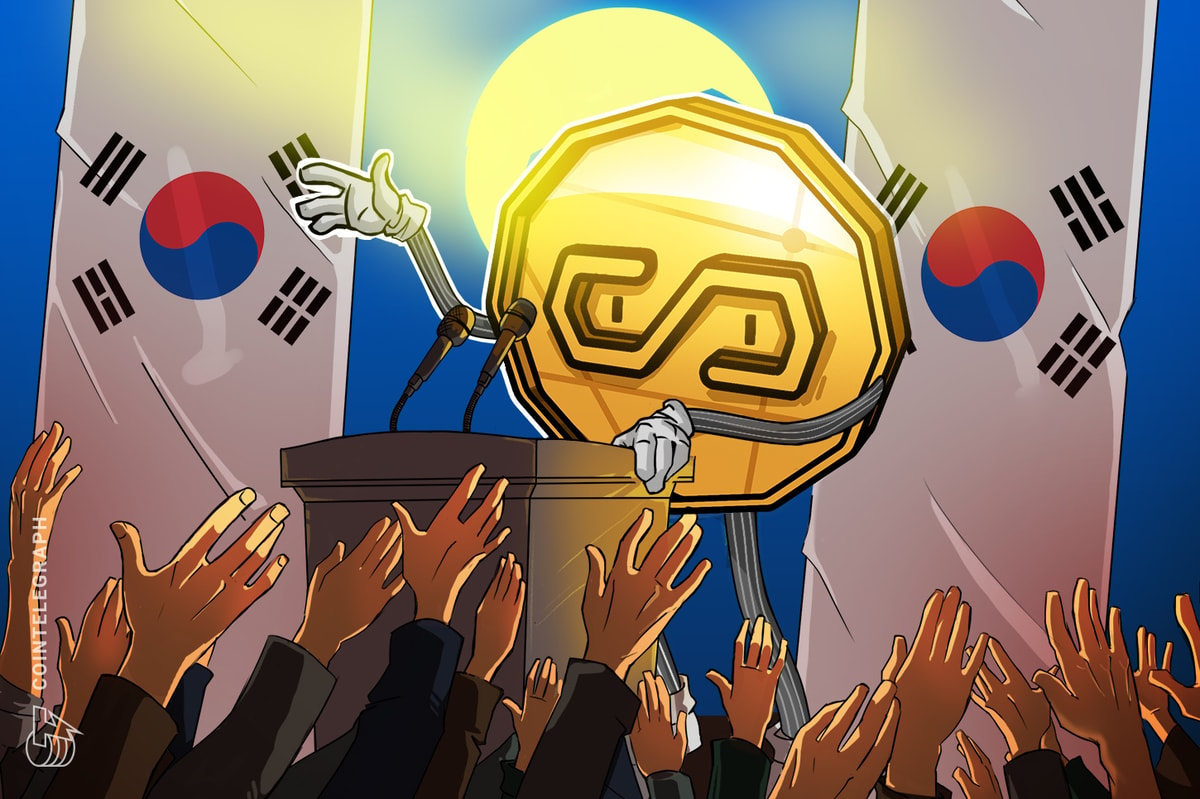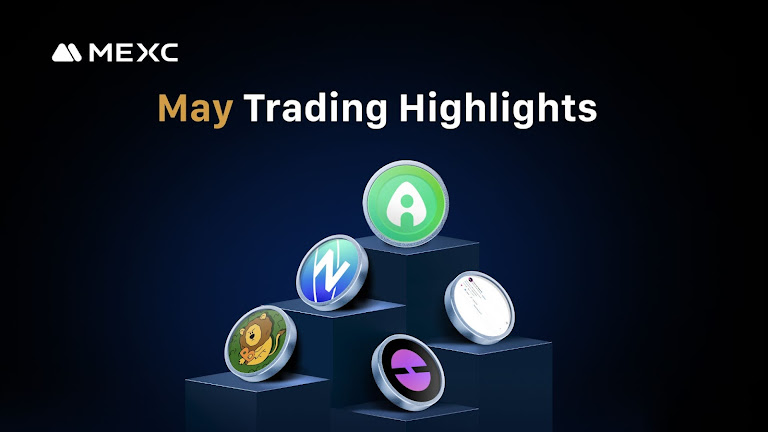
With a diverse background in organizing hackathons and exploring cutting-edge technologies, Chinese hacker, artist, and SF writer Ting Song has developed a strong interest in integrating art and humanities with technology. She believes integrating various art forms is necessary in the digital era. Song believes in mixing the old with the new and often draws inspiration from traditional Chinese themes and art. She employs AI technology to express her thoughts on info-tech philosophy, meta-being, and the tradition of Chinese ethnic arts.
After graduating from Tsinghua University, Ting Song chose to pursue crypto art and achieved great success, becoming the record holder of AI and blockchain art auctions in China last year. Her success has definitely been noticed by many, and she’s been featured on the 30 under 30 list curated by Forbes.
At Hong Kong Web3 Festival 2023, Metaverse Post co-founder Sergei Medvedev caught up with Ting Song to learn more about her journey as a crypto artist and her vision for integrating art with emerging technology.
Sergei Medvedev: It’s very nice to meet you. Could you tell me about yourself, what you have done, and discuss the recognizable projects you have done?
My name is Ting Song. I graduated from Tsinghua University. Since I was 19 years old, I started to organize blockchain hackathons all over the world. And actually, China’s first AI artwork and the first NFT artwork auction in traditional art auction houses are all by me.
I also created some of the first NFTs for Tencent, WWF, and KFC (most of the large brands popular in mainland China). And I’m now the only artist interviewed by the UN. Last year, my AIGC theme won over 19 film festivals in over 11 countries, and one of my NFTs was added to the collection curated by the National Museum of Venezuela, which made me the first and so far only crypto artist whose art was collected by a national museum.
I’m a hacker. When I was in San Francisco at the last blockchain coding hackathon in America, I was the only female captain on the stage as a top 10 leader.
Sergei Medvedev: That’s incredible. Do you think web3, in general, opens more doors for women in the industry?
It gave us more powerful tools to challenge some rules and hierarchies which already existed for a long time for me. NFTs give me an opportunity to tell my own story of art tech, and industry players will listen to me, so that’s very important.
Sergei Medvedev: What do you see will happen in the regular art world? Or maybe within the entertainment world with NFTs? What do you think is the biggest challenge for this market?
In my opinion, our world is now sitting within the digital power and the physical power within the digital energy and the physical energy. Actually, I’ve found out that the mental infrastructure for building a better digital technology civilization has not been built yet. So far, most of the general population doesn’t have a need for NFTs. They just need something to invest in and to learn about it, so it’s clear that education is necessary. The popularity of AIGC, blockchain, and IoT shows they are necessary for a healthy market. We must wait for a healthier ecosystem.
As for me, we will have to raise the question: “Can my children and the next generations define what is the artwork that could represent 2023?” I don’t think it will be an oil painting because this technique has already existed for over a thousand years. So it may be an NFT, maybe a game, maybe something else? There isn’t a definite answer to this question just yet: It has to be answered by us.
The traditional art markets: You have to answer what has happened if the buyers are now two times younger than 10 years ago. Ten years ago, only seniors could buy art as traditional is very expensive. So many DeFi degens are born after the year 2000, and they have the right to define what their personality is, then that will be defined as art in 100 years’ time by our children’s children.
Sergei Medvedev: I see you use AI as a tool for your art. Do you think it will be mandatory for artists, in general, to use AI in the future, or will it be like a tool like a paintbrush, or should they use a computer to create art?
I code. I invent. If I don’t like something, I destroy it and build my own system. So AI, for me, is my paintbrushes. I’m not sure it’s a paintbrush for everyone. To be honest, the status of crafters, especially the painters in the game industry and other industries, and commercial photographers maybe will be highly influenced by AI.
Just like 200 years ago, all the rich families will have their image preserved in history only with painting. Then we had the Industrial Revolution and photography, and everything changed. So for me, as an art creator, being a painting machine to compete with those without any humanity will be the better choice than competing with AI.
The emerging AI wave, I think, raises a question for all of us people who have humanity, and people who have “mechanity,” my word for the mechanical future. And the “mechanity” of human beings may be replaced by all of the robots, and that is all they have. But what is humanity? Does everybody living in this body have humanity or independent thinking and creativity? I’m not sure.
So the question is for all: If you don’t have any independent thinking and concept of arts, you may just be a robot living in a biological body, and it’s very dangerous for you now.
Read more:
Read More: mpost.io










 Bitcoin
Bitcoin  Ethereum
Ethereum  Tether
Tether  XRP
XRP  Solana
Solana  USDC
USDC  Dogecoin
Dogecoin  TRON
TRON  Cardano
Cardano  Lido Staked Ether
Lido Staked Ether  Wrapped Bitcoin
Wrapped Bitcoin  Hyperliquid
Hyperliquid  Sui
Sui  Wrapped stETH
Wrapped stETH  Chainlink
Chainlink  Avalanche
Avalanche  LEO Token
LEO Token  Bitcoin Cash
Bitcoin Cash  Stellar
Stellar  Toncoin
Toncoin  Shiba Inu
Shiba Inu  Hedera
Hedera  USDS
USDS  Litecoin
Litecoin  WETH
WETH  Wrapped eETH
Wrapped eETH  Polkadot
Polkadot  Monero
Monero  Binance Bridged USDT (BNB Smart Chain)
Binance Bridged USDT (BNB Smart Chain)  Ethena USDe
Ethena USDe  Bitget Token
Bitget Token  Pepe
Pepe  Coinbase Wrapped BTC
Coinbase Wrapped BTC  Pi Network
Pi Network  WhiteBIT Coin
WhiteBIT Coin  Aave
Aave  Uniswap
Uniswap  Dai
Dai  Bittensor
Bittensor  Ethena Staked USDe
Ethena Staked USDe  OKB
OKB  Internet Computer
Internet Computer  Aptos
Aptos  NEAR Protocol
NEAR Protocol  Cronos
Cronos  BlackRock USD Institutional Digital Liquidity Fund
BlackRock USD Institutional Digital Liquidity Fund  Jito Staked SOL
Jito Staked SOL  Ondo
Ondo  Ethereum Classic
Ethereum Classic